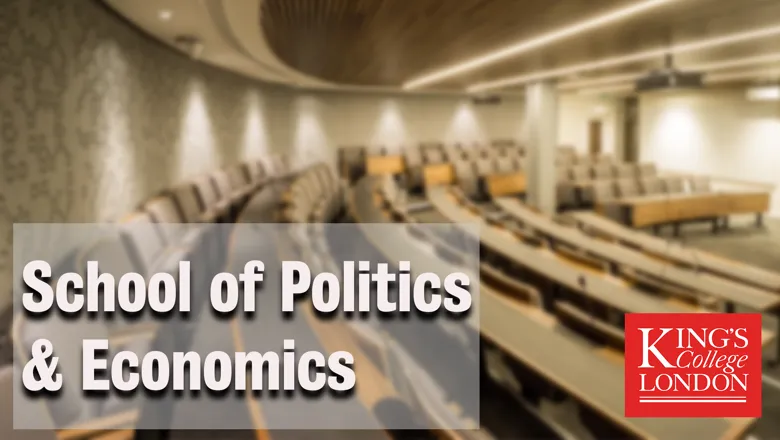
Biography
Moses Shayo studies the political economy of redistribution, nationalism, conflict, and international integration; the social and political implications of participation in financial markets; and consumer behavior. One of his major contributions to these areas has been analysing how and to what extent they are shaped by social identity. His work combines empirical studies of the determinants and implications of social identity, with a theoretical framework in which both identities and individual behavior are endogenously determined.
His work has been published in leading journals in several fields, including the Journal of Political Economy, Econometrica, the Quarterly Journal of Economics, the American Political Science Review, the American Journal of Political Science, PNAS, and Science.
Research interests
-
Political economy
-
Social identity
-
Consumer behaviour
-
Investor behaviour
Teaching
- Advanced microeconomics
- Identity economics
Latest publications
How Do We Choose Our Identity? A Revealed Preference Approach Using Food Consumption (with David Atkin and Eve Colson-Sihra), Journal of Political Economy, 129(4), 1193-1251, 2021.
How do Markets Shape Social Values? Evidence from a Field Experiment (with Yotam Margalit). American Journal of Political Science, 65(2), 473-492, 2021.
Social Identity and Economic Policy. Annual Review of Economics, 12, 355-389, 2020.
Valuing Peace: The Effects of Financial Market Exposure on Votes and Political Attitudes (with Saumitra Jha). Econometrica, 87(5), 1561-1588, 2019.
Conflict and the Persistence of Ethnic Bias (with Asaf Zussman). American Economic Journal: Applied Economics, 9(4), 137-65, 2017
Research

Quantitative Political Economy Research Group
The Quantitative Political Economy research group gathers economists and political scientists that are committed to bridging the two disciplines. The common ground is the study politics and policies with advanced quantitative methods and formal modeling.

Political Economy of Peace and Conflict
The Political Economy of Peace and Security research group analyses a wide range of conflicts, conflict resolution and institutional design for positive peace.

History and Political Economy Research Group
The History and Political Economy Research Group at King's College London
News
Study finds women less likely to be prescribed pain relief than men
Women are less likely to be prescribed painkillers than men even when they are experiencing similar levels of pain – a new study has found.

Paper examines role of identity politics in international unions
Why did the UK vote to leave the EU despite a near-unanimous view among economists that Brexit would have negative consequences? And why did southern European...

Research

Quantitative Political Economy Research Group
The Quantitative Political Economy research group gathers economists and political scientists that are committed to bridging the two disciplines. The common ground is the study politics and policies with advanced quantitative methods and formal modeling.

Political Economy of Peace and Conflict
The Political Economy of Peace and Security research group analyses a wide range of conflicts, conflict resolution and institutional design for positive peace.

History and Political Economy Research Group
The History and Political Economy Research Group at King's College London
News
Study finds women less likely to be prescribed pain relief than men
Women are less likely to be prescribed painkillers than men even when they are experiencing similar levels of pain – a new study has found.

Paper examines role of identity politics in international unions
Why did the UK vote to leave the EU despite a near-unanimous view among economists that Brexit would have negative consequences? And why did southern European...

